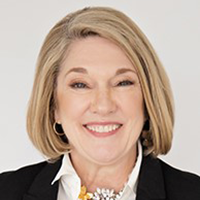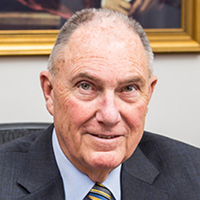Cybersecurity and Ethics
Cybersecurity and Ethics

What are our professional responsibility obligations when it comes to cyber risk?

What are our professional responsibility obligations when it comes to cyber risk?

Lawyers have always had a duty to be honest and truthful pursuant to general ethical principles, as well as the State Bar Act. The newest version of the Rules of Professional Conduct, effective Nov. 1, 2018, provides more specific guidance to lawyers relative to this duty.

The court’s decision in Falcon Brands, Inc. v. Mousavi & Lee, LLP, 2022 WL 246851 (Jan. 27, 2022) provides insight for all lawyers regarding when settlement demands “cross the line and become professional misconduct.”

An opportunity suddenly appears: You’re a solo practitioner or in a small firm. You have the chance to join a larger firm — where the prospects appear brighter — or a chance to join another firm that better fits your practice. Before you leap, however, consider the ethical constraints that could haunt you and your future firm.

One of the most rewarding aspects of an attorney’s job is providing pro bono services to those in need.[1] Though not required, lawyers are encouraged to provide pro bono legal services during their legal careers.[2] Pro bono work is also a great way for new attorneys to gain experience, develop new skills, and handle their own cases from start to finish.

As judges around the country weigh how to hold accountable the lawyers who abused the courts to advance former President Trump’s frivolous challenges to the 2020 election, two recent cases are particularly instructive for attorneys who wish to comply with their ethical responsibilities. These cases also present a good opportunity to review various State Bar Act provisions and the California Rules of Profession Conduct [CRPC] that are potentially implicated by these recent developments.

On September 29, the SDCBA Law and Medicine section collaborated with the San Diego Region Taskforce of the American Nurses Association (ANA) to host an invaluable discussion on the ethical-legal challenges that on-street nurses face in response to victims of police brutality. The ANA represents an essential group of workers who have provided medical aid to marginalized communities during the 2020-2021 racial equity demonstrations. Not only is the ANA considered an essential part of the healthcare sector, but it also has the mission of optimizing our nurses’ contribution to the health and wellbeing of individuals, families, and communities as a lobbying organization under 501(c)(6). In fact, the ANA is the largest national professional nursing organization in our country.

In the past several months, the State Bar of California has disbarred or suspended the license to practice law of at least 10 California attorneys. There are common themes threading their way through the disciplinary findings in each of these cases that are important for practitioners to consider. The purpose of this article is to identify some of those themes.

No trial attorney is perfect. Even the most prepared and experienced trial attorneys should expect their adversaries to attack not just their clients’ actions and inactions, but also claimed missteps by the trial attorneys themselves. This is especially evident in appeals, where parties regularly argue that issues have been waived or forfeited; that deadlines have bene missed; or decry alleged attorney misconduct in the trial court below.
By Andrew A. Servais
Wingert, Grebing, Brubaker & Juskie, LLP